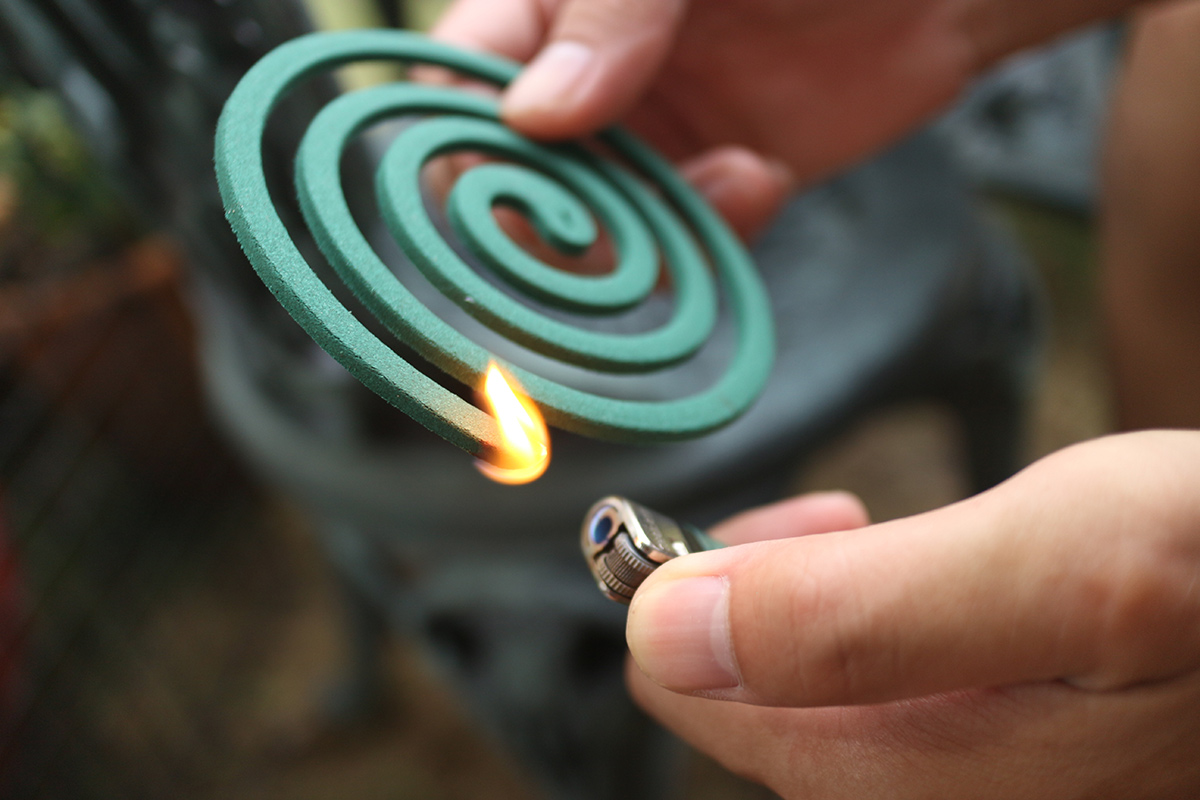How to Naturally Deter Common Pests and Insects
March 10th, 2017

Pests and insects are never welcome in the home. Yet, somehow, it seems that every other year another type of pest or insect has taken up residence on your property, sometimes causing damage, and always being a nuisance. Some pest and insect infestations are difficult to identify until they have multiplied in numbers, so it can be difficult to ‘nip the problem in the bud’.
When it comes to pests and insects, prevention is always better than cure. Your efforts should be focused on keeping them away from your home, rather than trying to identify their presence and secure their eviction. Obviously, your best bet to keeping pests out is to install a CommandeX SecureView Security Screen, allowing you to enjoy the outdoor breezes but also keep your home free of unwanted guests. However, did you know that there are also many tips and tricks you can leverage to naturally deter common pests and insects from trying to move into your home in the first place? Let’s explore some of the most popular.
For dust mites
- Covering your mattress and pillows with laminated covers can prove a very smart move in preventing dust mites from settling in.
- Avoid the use of humidifier,s as dust mites tend to thrive in humid environments.
- Cover over heating ducts with filters to trap dust particles and prevent any attraction to mites.
For cockroaches
- It may seem bizarre, but catnip can be a great deterrent of cockroaches. Leave a little sachet of catnip in areas of the home where cockroaches tend to be problematic, but of course – only if you don’t have any cats!
- If catnip isn’t an option for you, many people have also found that leaving bay laurel, cucumber or garlic in problematic areas can also prove successful deterrents for cockroaches.
For mosquitoes
- Plant marigolds around the garden, which offer a fragrance that mosquitoes and other insects are repelled by.
- Avoid placing items which can collect water in the garden. You may love your bird bath feature, but anything that collects standing water can be an attraction for mosquitoes.
- Purchase a neem oil or spray and apply to different areas of your home and garden. Although native to India, you may even be able to purchase a Neem tree for your garden.
- Use the traditional mosquito coil in the backyard or when entertaining outside, as these often have natural ingredients, such as citronella oils.
For slugs
- While mulches can help to improve the quality of your soil, they provide the ideal environment for slugs that will feed on your growing plants. Pull mulch two inches or more away from your newly planted seeds to prevent constructing a slug buffet.
For termites
- Keep your gutters clean. If gutters become clogged, they will create pools of water near the foundation of your home where termites can thrive.
- Ensure good ventilation – dampness and humidity are key attractions for termites. Installing vents or fans near the top of your ceilings prevents hot air from rising, resulting in moisture and dampness along the walls.
- Monitor for pools of rainfall. Rain will come – there’s nothing you can do about that. However, you can make a conscious effort to monitor and remove any water pools following outbursts of rain, which may otherwise draw a congregation of termites.
For possums
- Possums don’t like light, especially bright lights. Installing motion sensor lighting in your garden or yard can work to scare them off.
- Possums also detest sound, so it can be quite a clever idea to leave motion sensor radios or other devices in areas where a raccoon might frequent – such as around your garbage bins – which can emit sounds and scare the racoon off.
- Consider electrified fencing if possums prove to be a frequent issue. Typical wooden fencing is easily penetrable by most racoons.
For rats and mice
- Rodent repellent pouches made from balsam fir oil and other oils can be subtly placed in the garden, yard, cupboards and corners of the home to deter the presence of rats and mice. Pouches left outside will need to be replaced regularly, as they can deteriorate from exposure to the elements.
- Mothballs can also prove effective deterrents against the presence of both rats and mice. Mothballs should be placed in areas where mice or rats often take up inhabitancy in your home, but should stay out of reach of direct ventilation, pets and children, as they are toxic.
For moths
- Create bundles or sachets of bay leaves, eucalyptus leaves, cinnamon sticks, cloves or lavender, and leave in cupboards and concealed in the corners of each room to deter the presence of moths.
- To deter moths from clothes in your wardrobe, your laundry basket or on your clothes horse, keep some dried lemon peels nearby. Toss them into the wardrobe or laundry basket with your clothes to deter moths from nesting.
Naturally keeping pests at bay
If insects or rodents are driving you crazy, there are several ways to keep them away for good. By following the simple tips and tricks mentioned above, you can successfully keep your home free from the insects and rodents which provide the most frequent inhabitants.
